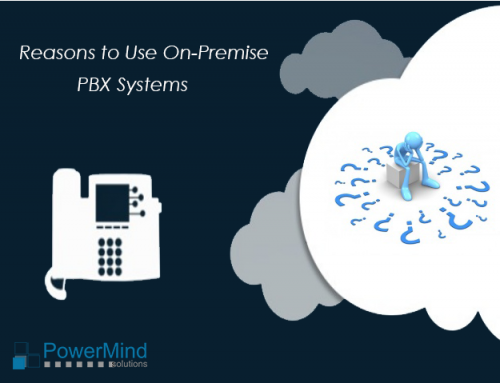I don’t know what questions to ask my web developer.
Do I own my website?
Variations on the above question are ‘Is my website portable?’, or ‘What are the costs if I wish to move my website to another company?’, or ‘If your company goes belly-up, what happens to my website?’
Your website is an investment. It’s critical to have a good understanding of this issue, preferably before you engage a new developer. If you don’t feel comfortable with the answer, choose a different developer.
Do You Create Easy-to-Use Websites?
A website with lots of personality may look beautiful, but if it causes your visitors to flee in frustration because they can’t find what they need, it’s a complete failure.
However, a good results-oriented designer has a basic understanding of website usability. They know how web visitors navigate websites and cater to them to help you achieve your goals (subscribers, leads, and sales).
Note, while asking your prospective designer this question helps, you should visit their portfolio, too. If their previous work is easy-to-navigate, you should be set!
Do you offer support outside of business hours?
If your website goes down on a Friday night, how bad is that for your business? Can it wait until Monday morning before anyone can take a look at it, or is it mission-critical that someone look into it sooner?
Do You Analyze My Current Traffic Before Making Design Decisions?
 Analyzing a site’s metrics, if done correctly, can help identify the current site’s strengths. For example, what if your blog has great visitor loyalty, but the rest of your site doesn’t? Or, what if one of your pages has a lower bounce rate, can anything be implemented elsewhere on your site?
Analyzing a site’s metrics, if done correctly, can help identify the current site’s strengths. For example, what if your blog has great visitor loyalty, but the rest of your site doesn’t? Or, what if one of your pages has a lower bounce rate, can anything be implemented elsewhere on your site?
In summary, by looking at your site’s metrics, designers can arm themselves with information to better equip themselves to make better decisions.
Have you produced a website like mine before?
Just because a web developer doesn’t have a site like yours in their portfolio, it doesn’t mean you shouldn’t give them a go. But if they do, there’s an improved chance they’ll spend less trial and error time than an inexperienced competitor.
What are the likely ongoing costs of my website with you?
Aside from managing content, imagine you don’t want to add any new functionality to your site after it goes live. What are the costs of keeping your site running as is? Ask about hosting, domain names, security updates, SSL certificates, payment gateways etc. Find out more about how to choose and register your domain name.
How long do you estimate before my website goes live?
Do you have a critical time by which your new site has to go live? Maybe the developer has a huge backlog of work so that they can’t even start on your site for the next three months.
What do I need to provide?
If you go into any new website project expecting to be responsibility-free, then you can guarantee that your project will go off-track at some point.
There are certain things that you, as the representative of your business, should always expect to provide if you want your project to go smoothly from start to finish.
These things include:
- Understanding, acknowledging and approving all terms and conditions (yes, you need to read them all)
- Some form of upfront payment to start work
- Website assets (e.g. logo files, image files, content)
- Existing domain, content management system and web host login information
- Existing social media account URLs and usernames
- Existing analytics and webmaster tools account login information
- Communicating answers to important online marketing strategy questions
You can mitigate unnecessary delays by providing all of these items upfront.
Can we link my Facebook, Google+ and Twitter accounts to my website?
For some reason we’ve talked to a couple people who said their web designer wouldn’t do this for them. Or that it would cost a lot of money.
For the record, it takes approximately 20 seconds to link your Facebook, Google+ or Twitter page to your website.
Final word of advice
Don’t be afraid to get the answers to all the above in writing. A reputable, experienced, confident web developer will have no problem with this because they know it helps to get the relationship onto an open, transparent platform right from the start. It can also help you compare and contrast offers to your business needs.


